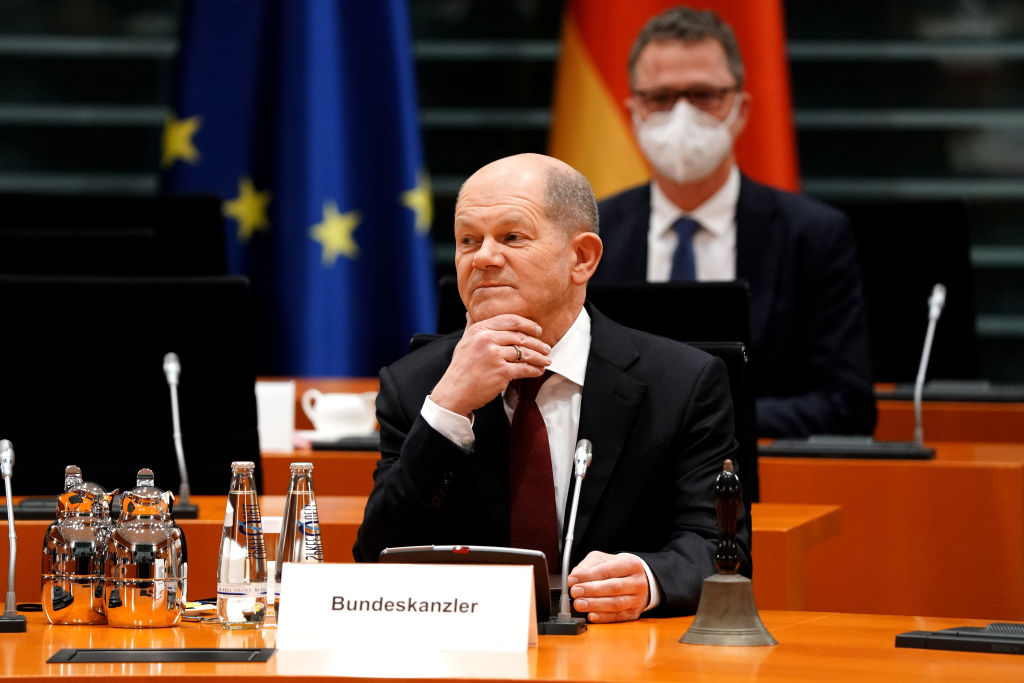Germany is considering banning of the conservative Alternative for Germany (AfD) party, which has seen a recent surge in popularity, polling at 21 percent.
This surge comes amidst warnings from intelligence chiefs about the party’s escalating “extremism,” especially intelligence czar Thomas Haldenwang. Haldenwang highlighted, “We see a considerable number of protagonists in this party that spread hate against all types of minorities here in Germany.”
German President Frank-Walter Steinmeier, during a speech at the castle where Germany’s post-World War II constitution originated, asserted, “we all have it in our hands to put those who despise our democracy in their place.”
Growing concerns have also arisen regarding Björn Höcke, the AfD leader in Thuringia, whom detractors compare to Hitler. Höcke’s influence became particularly pronounced when his allies dominated the European lists at the AfD’s Magdeburg conference.
News magazine Der Spiegel has also weighed in, suggesting it’s imperative to “Ban the enemies of the constitution!” In a similar vein, the German Institute for Human Rights labeled the AfD’s current policy stance as alarmingly dangerous, asserting they are striving to normalize their ethno-nationalist views.
However, Friedrich Merz of the Christian Democratic Union cautioned that “banning parties has never actually solved political problems.”
Germany’s past is marred with political party bans, such as Otto von Bismarck’s banning of the Social Democrats and the Nazi Party’s outlawing of all other parties after taking power. East Germany saw similar bans.
The post-war constitution, aiming to sidestep such authoritarian moves, has made party bans challenging. Previous attempts to outlaw parties, like the NPD, have failed. Political scientist Volker Boehme-Nessler opined that the AfD might not meet the stringent criteria for a ban, warning that such an attempt could ironically boost their electoral campaign. He stated, “You can’t simply ban a party that gets 20-30 per cent approval.”
Currently, Germans are divided on this issue, with 47 percent in favor of a ban and an equal percentage opposing it. Individuals concentrated in the western regions of Germany, which lean heavily progressive, are much more strongly inclined to support the ban.













